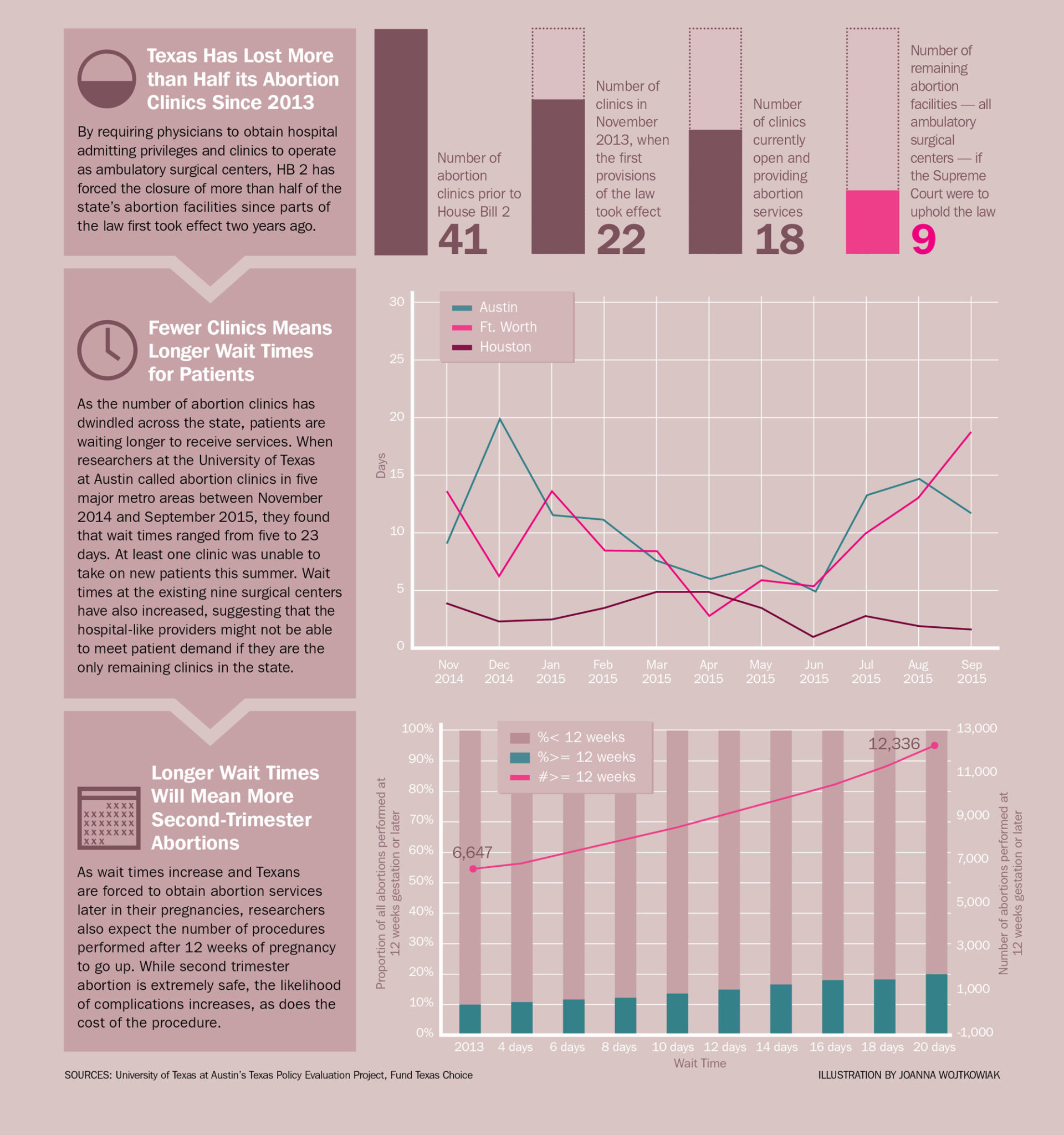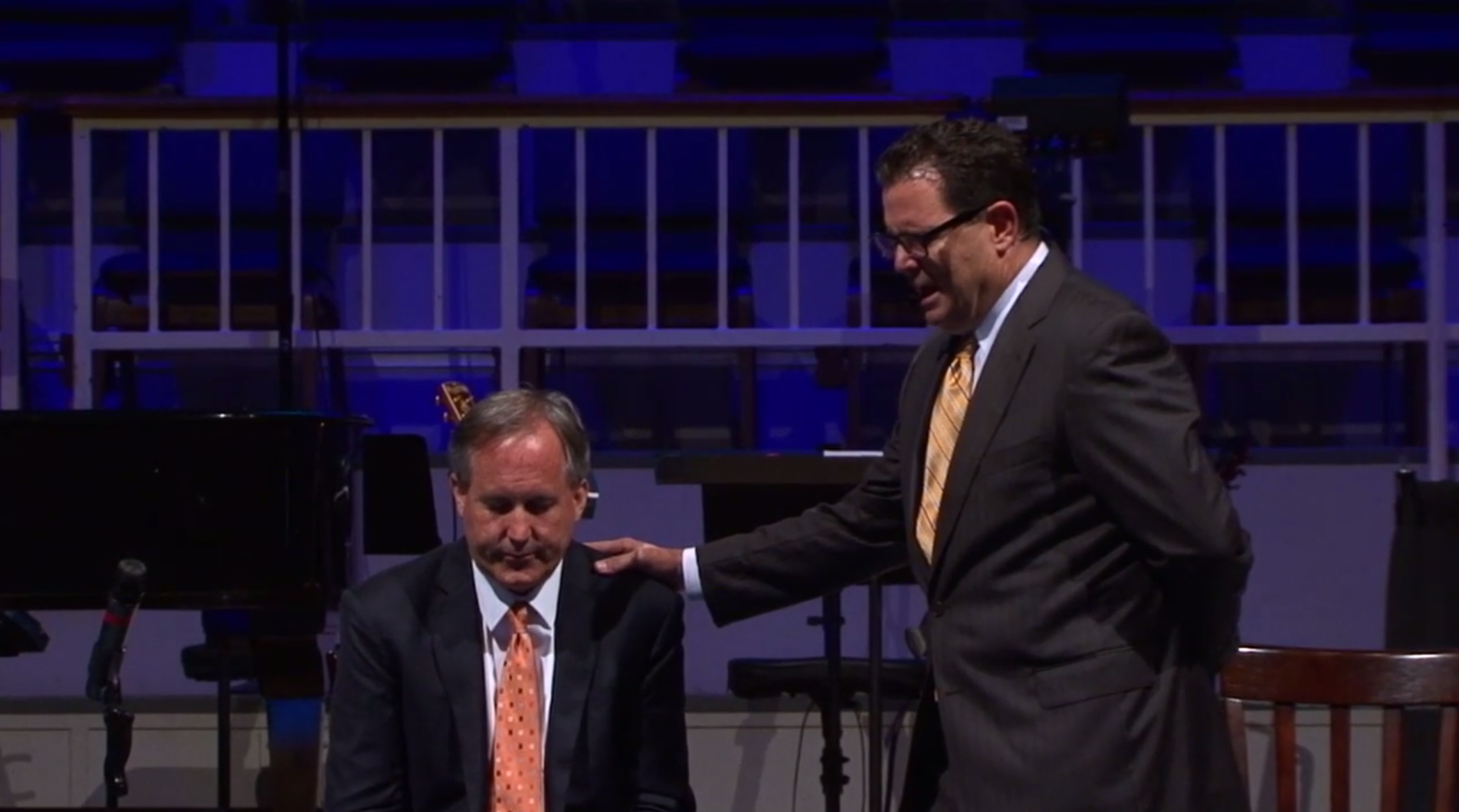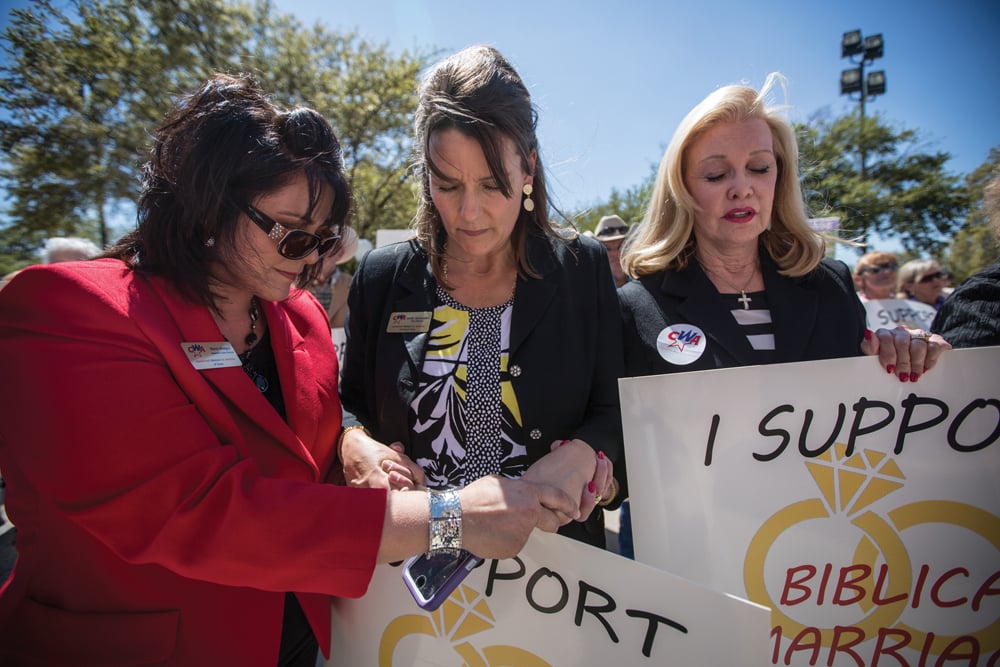
New Analysis Highlights Prevalence of Sexual Assault In Texas

Data released this week shows that 413,000 Texans have experienced some form of sexual assault in the past year.
The analysis, conducted by a research team at the University of Texas School of Social Work and Institute for Domestic Violence and Sexual Assault, also estimated that 6.3 million Texans—4.2 million women and 2.1 million men—have experienced a form a sexual assault in their lifetime. In 2003, a similar study found that 1.9 million Texans experienced a form sexual assault in their lifetime.
“It’s alarming that the prevalence of sexual assault has grown significantly since 2003,” Annette Burrhus-Clay, executive director of the Texas Association Against Sexual Assault, said in a statement. “As a state it’s imperative that we devote adequate resources to preventing sexual violence and serving survivor needs…To do otherwise seems both reckless and heartless.”
Noel Busch-Armendariz, lead researcher and associate dean for research at the School of Social Work, called the numbers “staggering.” The increase from 2003, however, isn’t necessarily due to more occurrences, but rather stronger measurements and legal definitions of what constitutes sexual assault and increased awareness over the last decade, Busch-Armendariz said.
“I think that once we started to understand the crime better and we started to describe it better in how we measured it, people say, ‘Oh wow, that happened to me,’” she said.
In addition to the statewide prevalence of sexual assault, the study found that 61 percent of women, and three in 10 men, were assaulted by someone that they were related to or had a close relationship with, such as a spouse or dating partner.
“A lot of times we go after those who commit complete stranger assaults,” Busch-Armendariz said. In situations where a victim is related to or knows his or her assailant, “it makes it really complicated for the victim to report and seek help. They may have a difficult time understanding what happened, that this was a person [they] trusted.”
Data also show that only 9 percent of victims reported the assault to law enforcement.
“When victims feel blame or a sense of culpability, they don’t get the help they need and they don’t report the crime to the police,” Busch-Armendariz said. “Then we’re in the perpetual cycle of not being able to hold offenders accountable.”
During the last 12 years, Texas has expanded some support services for survivors, though the state must do more, said Chris Kaiser, staff attorney with the Texas Association Against Sexual Assault. For example, in 2003, the Legislature passed a law allowing sexual assault survivors to seek protective orders.
The state also has strengthened the Crime Victims’ Compensation Program, which helps sexual assault victims cover things like lease termination fees and relocation costs should they need to move away from their assailant. Kaiser also said some local police departments have improved the way they interview victims and witnesses of assault.
“The more we can expand options and meet people where they are, the better able we are to support them and help them follow through the criminal justice process,” Kaiser said.
Funding for things like rape crisis centers and sexual assault nurse examiners remains a challenge. In 2011, a study by the University of Texas’s Institute on Domestic Violence and Sexual Assault led by Busch-Armendariz found that the state spends approximately $42.8 million per year on those services.
“We should be paying attention to this crime. It’s affecting all of us as taxpayers,” Busch-Armendariz said.
This session, multiple measures related to sexual assault are moving through the Legislature. They include House Bill 1102, which would eliminate the civil statute of limitations for childhood sexual assault incidents. Senate Bill 145 by state Sen. Jose Rodriguez (D-El Paso), scheduled for a hearing on Tuesday, would make medical forensic exams free for all sexual assault victims.
On Monday, the House passed a measure by state Rep. Poncho Nevárez (D-Eagle Pass) requiring college campuses to create robust policies for addressing sexual assault, though members voted down an amendment that would’ve created a statewide task force to study the issue. The amendment by state Rep. Donna Howard (D-Austin) on behalf of state Rep. Dawnna Dukes (D-Austin) is identical to Dukes’ House Bill 808, which has yet to be scheduled for a hearing.
“What do we need to do to make sure that this body protects the women in this state?” Howard asked House members as the amendment was defeated Monday.


